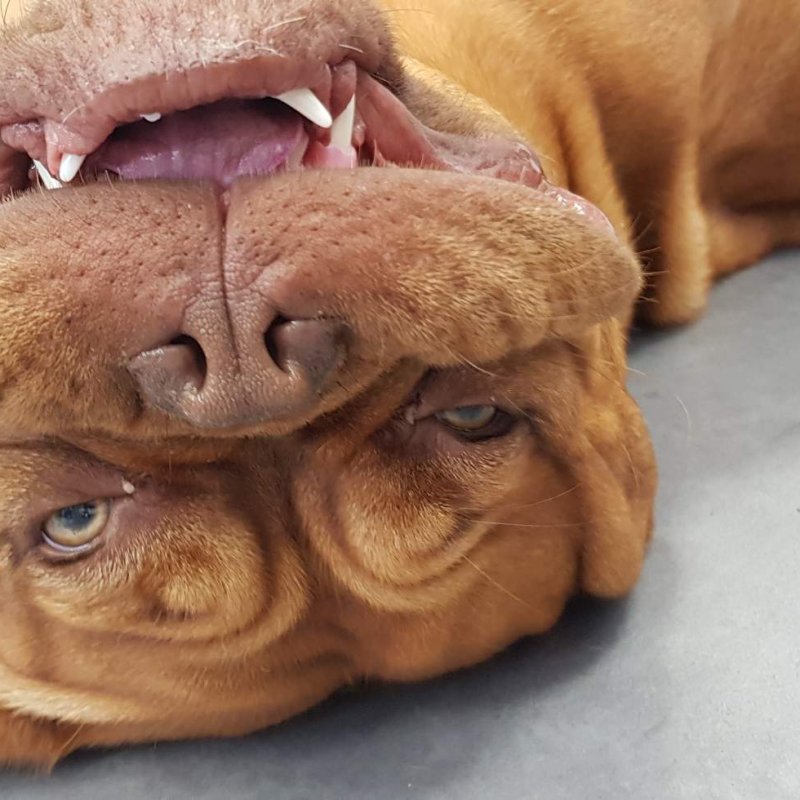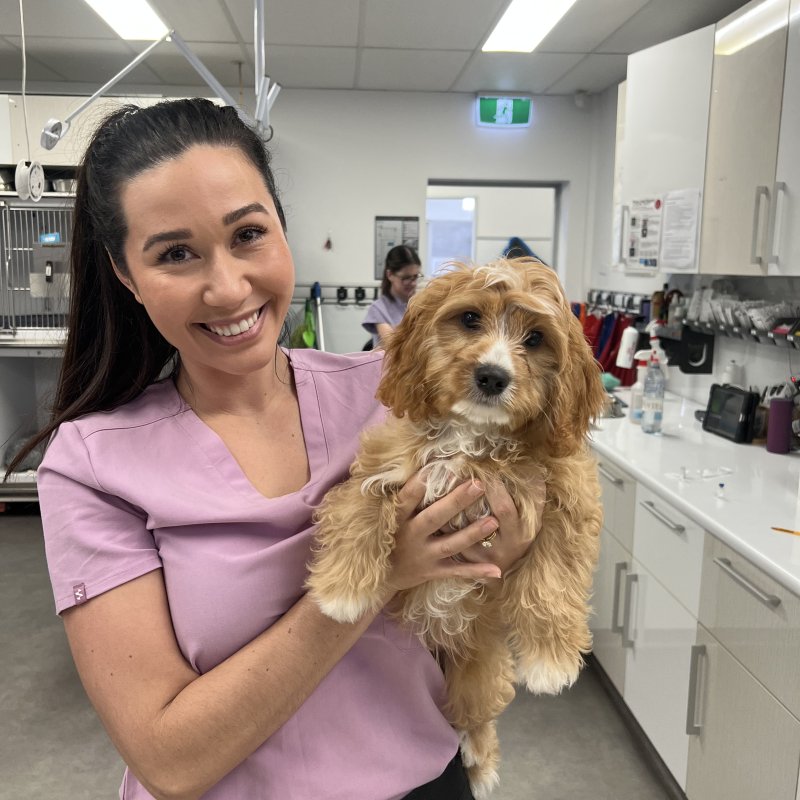Does your Dog or Cat have Smelly Breath?
Dental disease is very common in pets and is estimated that 85% of animals over 3 years old have some form of periodontal disease.
Smelly breath is the most common effect noted by owners. However, this is often only the tip of the iceberg, many secondary diseases stem from dental disease. Oral hygiene is an important factor in a dogs overall health and can extend your dog’s life up to four years if actively maintained.
The gums become inflamed (gingivitis), leading to bleeding and oral pain, and your cat or dog may lose its appetite or drop food from its mouth while eating. The roots may become so severely affected that some teeth become loose and fall out.
Bacteria surrounding the roots enter the blood stream (“bacteremia”). Dogs with severe periodontal disease have more severe microscopic damage in their kidneys, heart muscle and liver than do dogs with less severe periodontal disease, and this can lead to failure of these organs long term.
Preventative care maintains good health all round for your pet, lead to longer life expectancy, better quality of life, and reduced Vet bills.
The key to management of gum disease (for humans or pets!) is prevention. As long as the surfaces of the teeth are cleaned frequently, the gums will stay healthy. Just remember to:
– Pay attention to diet; We advise a super premium complete and balanced diet and to minimise sweats and treats.
– Once/daily brushing with pet toothpaste and toothbrushes; and rinsing with special gels/sprays is the gold standard in dental hygiene and disease prevention.
– maintain regular dental check ups with your Vet.





